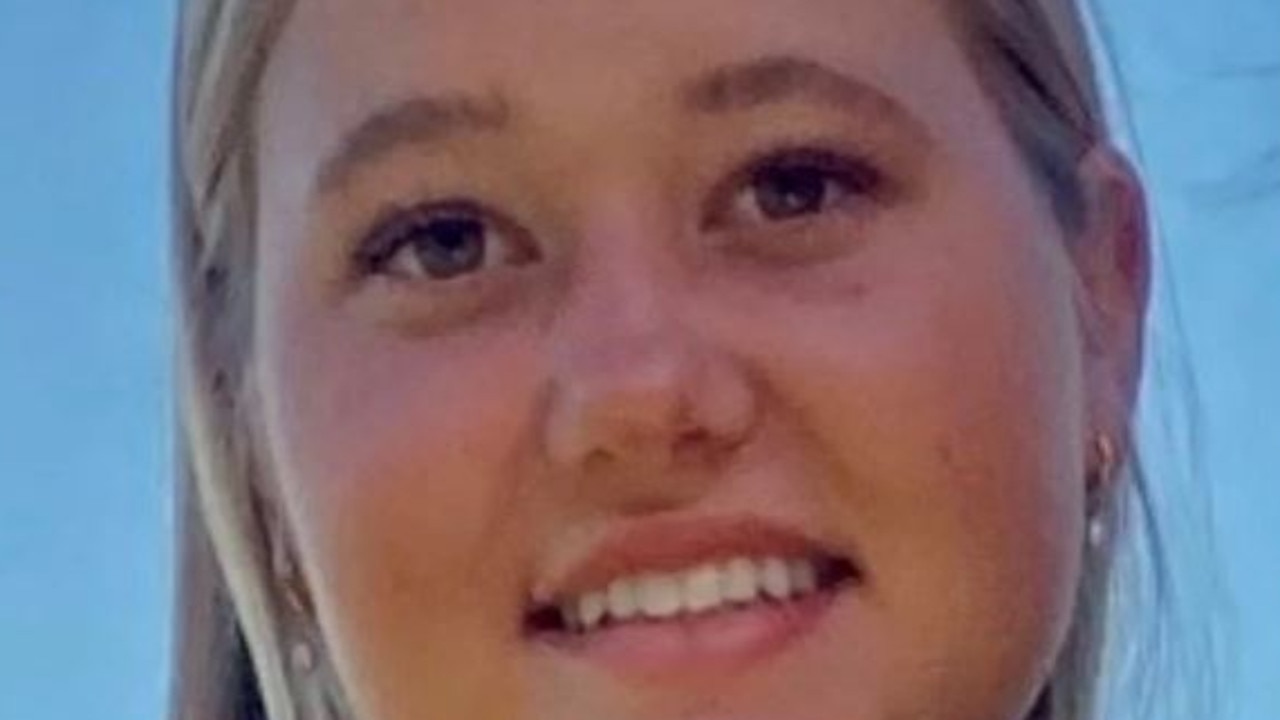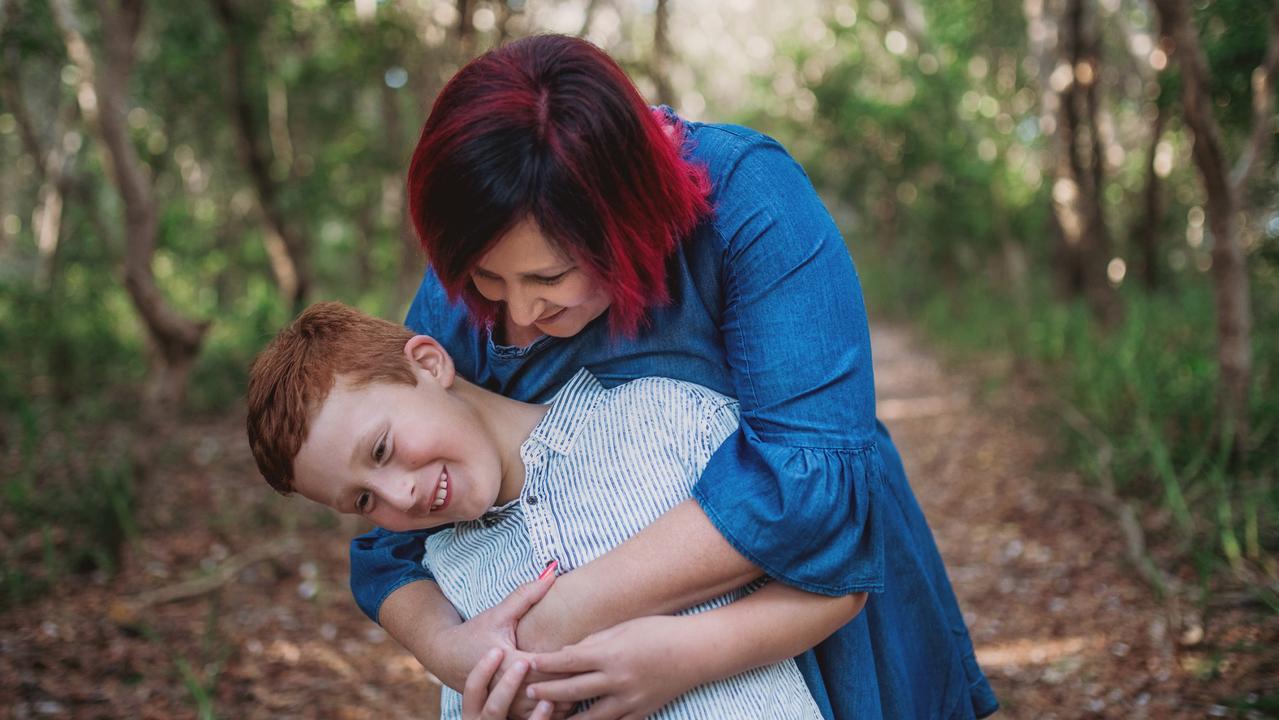Yes vote wins big in Victoria, inner-city Australia
It was a crushing defeat for the Yes campaign, but one state nearly voted Yes.

National
Don't miss out on the headlines from National. Followed categories will be added to My News.
One state has emerged as a bastion of Yes support in a country that swung overwhelmingly towards No in the Voice to parliament referendum.
Victoria came closest to a majority vote on Saturday, with 45.45 per cent, or 1,478,552 voters backing Constitutional recognition and a permanent Indigenous-led advisory body.
It’s the biggest Yes block in the country, with NSW in second place with 40.83 per cent backing Yes and Tasmania in third with 40.8 per cent.
Victoria is at the forefront of Indigenous policy in Australia, with a state-based Voice already in effect.
But the results show a clear split in the progressive Labor-led state around who voted for and against the Voice, with comparatively affluent inner-city suburbs going for Yes while less affluent voters in the outer suburbs and regions backing No.
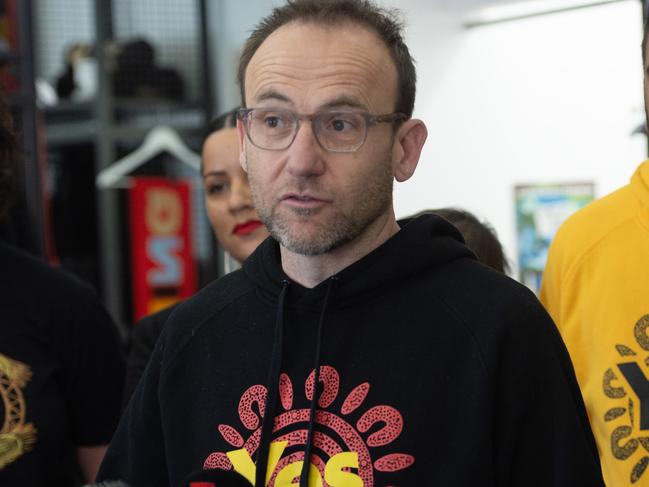
The electorate of Melbourne, represented by Greens leader Adam Bandt, registered the high Yes vote in Victoria and the country, with a whopping 78 per cent of voters backing Constitutional change.
Mr Bandt, posting to Facebook after the crushing defeat, which saw every state reject the Voice by clear majorities, called Saturday a “very hard day”.
“For those who are feeling a sense of loss, like us, we say to you: the pathway to First Nations justice does not end today,” he said.
“There are many ways to advance First Nations justice, this was one way. There are many within reach.”
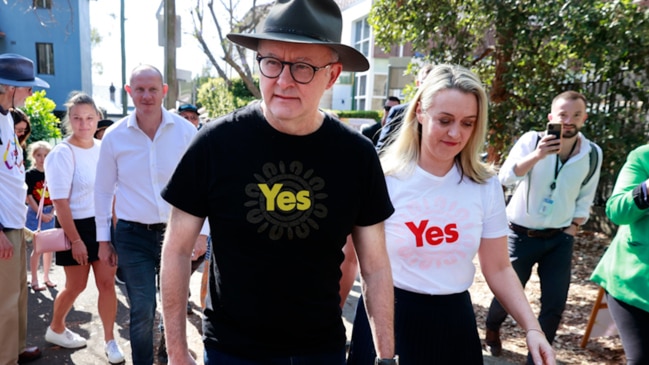
The affluent Teal seats of Kooyong and Goldstein in Melbourne’s leafy east and south, led by independent MPs Monique Ryan and Zoe Daniel, also voted for change.
Kooyong backed Yes with 59.8 per cent of the vote, while 56.6 per cent of Goldstein voters voted or the change.
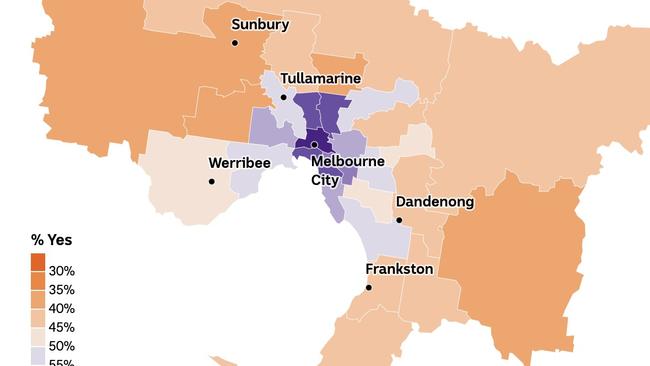
In contrast Victoria’s inner-city zones, the electorate of Scullin in the outer suburbs of northern Melbourne, currently represented by Labor’s Andrew Giles, heavily backed No with 62.6 per cent of voters rejecting the proposal.
A similar split emerged across the country, with the inner-cities backing change and the outer suburbs and regions swinging heavily to No.
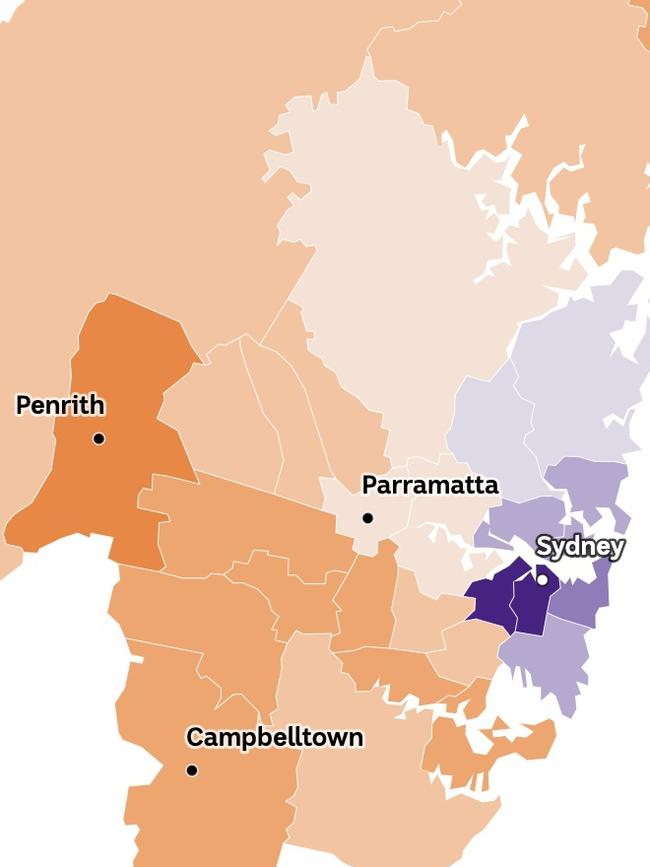
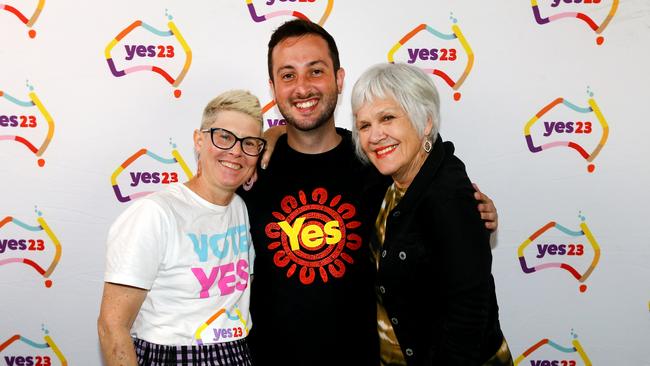
Only three Queensland seats backed the Voice: the divisions of Ryan, Brisbane and Griffith, which are all located in inner-city Brisbane and represented by Greens members.
Brisbane went 56.7 per cent for Yes, the highest percentage in the state.
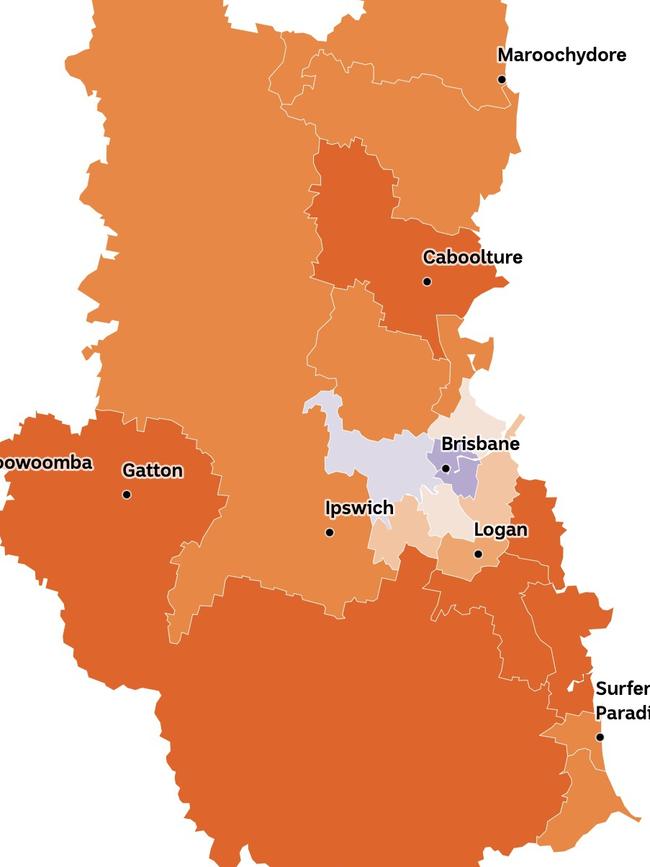
More than 80 per cent of voters in Central Queensland’s Capricornia electorate, by contrast, rejected the Voice, the second-highest No vote in the state.
Capricornia Nationals MP Michelle Landry celebrated the defeat, writing “Australia has spoken and overwhelmingly voted NO to a risky and divisive Voice to Parliament.”
“Moving forward, we must see better outcomes for our most vulnerable citizens of Australia, regardless of their heritage or ethnicity. Our focus will be on practical solutions, driven by the local community.”
Originally published as Yes vote wins big in Victoria, inner-city Australia


